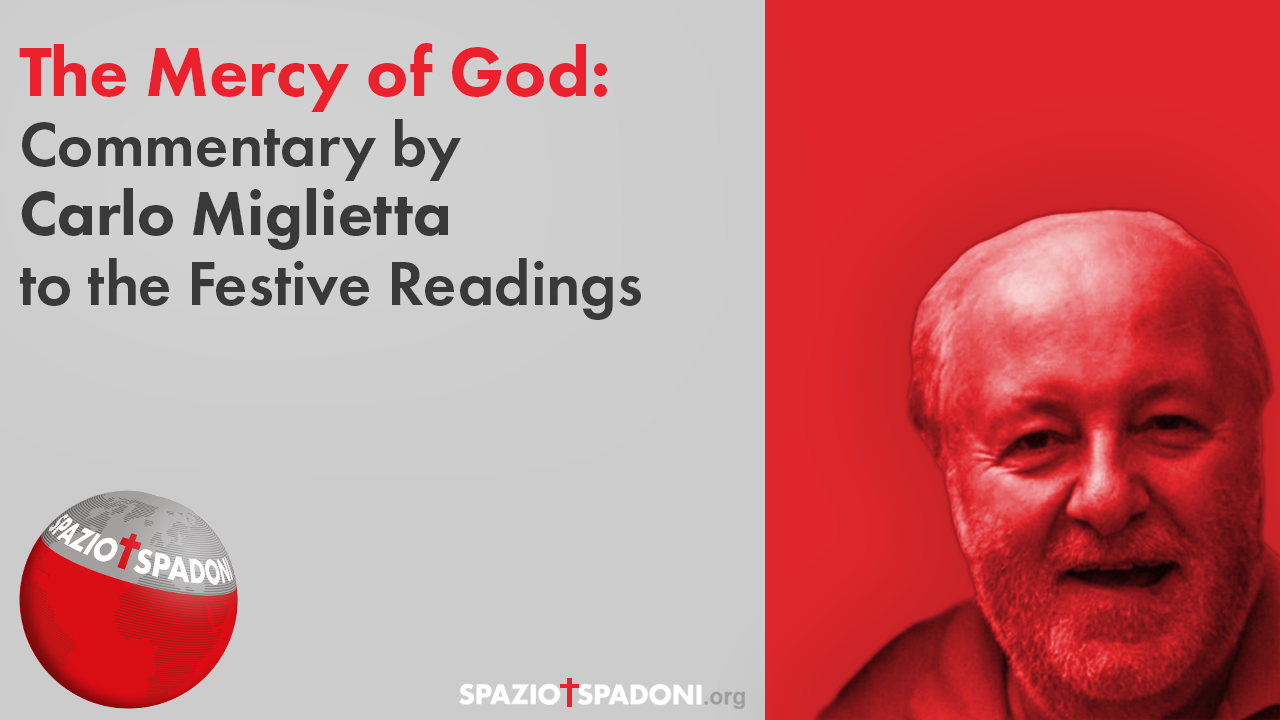
God Becomes Poor Because We Become Rich
Readings: Wis 1:13-15; 2:23-24; 2 Cor 8:7,9,13-15; Mk 5:21-43
Today’s readings offer us a path on the meaning of the Incarnation. In the first, humanity is described as subject to creaturely limitation and death, but it is immediately made clear that God “does not rejoice over the ruin of the living,” rather that “he created man for immortality” (Wis. 1:13-15; 2:23-24). The second states that by “grace” Jesus “from being rich that he was became poor for your sake, that you might become rich through his poverty” (2 Cor 8:9). It is one of his “paradoxical formulas of the Incarnation,” as theologians call them, such as those say that God made the Son sin (2 Cor. 5:21), that Christ became a curse (Gal. 3:13-14), the son of a woman and subject to the law (Gal. 4:4-5), that he came in a flesh like sin (Rom. 8:3-4). These “extreme” phrases express astonishment at God’s mercy: for God is so moved by the condition of his creature that in his Son he himself becomes finite, takes upon himself the limitation of man to the point of death, and, through the mystery of Christ’s resurrection, brings human finitude into the eternity and immensity of his divine life, making us his children and heirs (Rom 8:17). “God became man that man might become God!” (Athanasius, De incarnation Verbi, no. 54).
In the Gospel (Mk 5:21-43), this integral salvation brought by Jesus is expressed with two miracles arranged in a “sandwich,” according to Mark’s style, marked by physical contact and the number 12 (the hemoroissa has been such for 12 years, the resurrected child is 12 years old), a figure that for Judaism indicates the radical precariousness of every man, whether poor (the hemoroissa) or rich (the daughter of the synagogue leader). The woman comes behind Jesus’ back (5:27), provided she knows that contact with her makes one unclean (Lev 15:25); but everything God touches is sanctified (Nm 17:3): it is personal contact with Jesus that saves us. To redeem us, Jesus strips himself of his “dynamis,” his divine power (5:30). It is always God who takes the first step: the gaze of Jesus (5:32), in Mark, is salvation election; and the “shalom,” messianic peace, that he gives us, melts away all our anguish and fear (5:34). It is faith in him against all evidence that overcomes even death (5:36), which to God is only a sleep (5:39); unbelievers, on the other hand, cannot contemplate God’s power (5:40).
Mark uses two verbs (5:41-42: cf. 9:27; Jn. 11:23) that are typically paschal (Mk. 8:31; 9:9-10; 14:28; 16:6): “egeiro,” to rise, and “avastazo,” to rise again. God, Jesus will say, “is not a God of the dead but of the living!” (12:27). Once again (Mk. 5:43; cf. 1:34; 3:12; 7:36; 8:26) Christ imposes silence on those he heals, for the miracle is only a small sign of the profound meaning of his Incarnation, which will be healing and resurrection not only for those fortunate few who met him in his earthly life, but for all people of all times: only adherence in faith to him who died and rose again (“the sign of Jonah”: Mt. 16:4) will give full life to all.
Faced with the miracle of salvation, all that remains is for us too to be “seized with great amazement” (5:42): this is a theme well loved by Mark, who uses no less than eight different verbs to express wonder before the divine.
Today’s Gospel ends with Jesus’ invitation to “feed” the resurrected child (Mk. 5:43): it is almost a prelude to what in Mark will be the “section of the loaves” (6:6-8:30), with a high liturgical significance: the Christian, who died and rose again with Jesus in baptism (Rom. 6), is invited to feed on the Eucharist, the bread of eternal life (Jn. 6). But he is also called, following the example of Jesus, to share all his goods with his brothers and sisters (second reading: 2 Cor. 8:13-15): “believers have everything in common and, in their midst, the difference between rich and poor no longer subsists” (Benedict XVI, Deus caritas est, no. 20).
